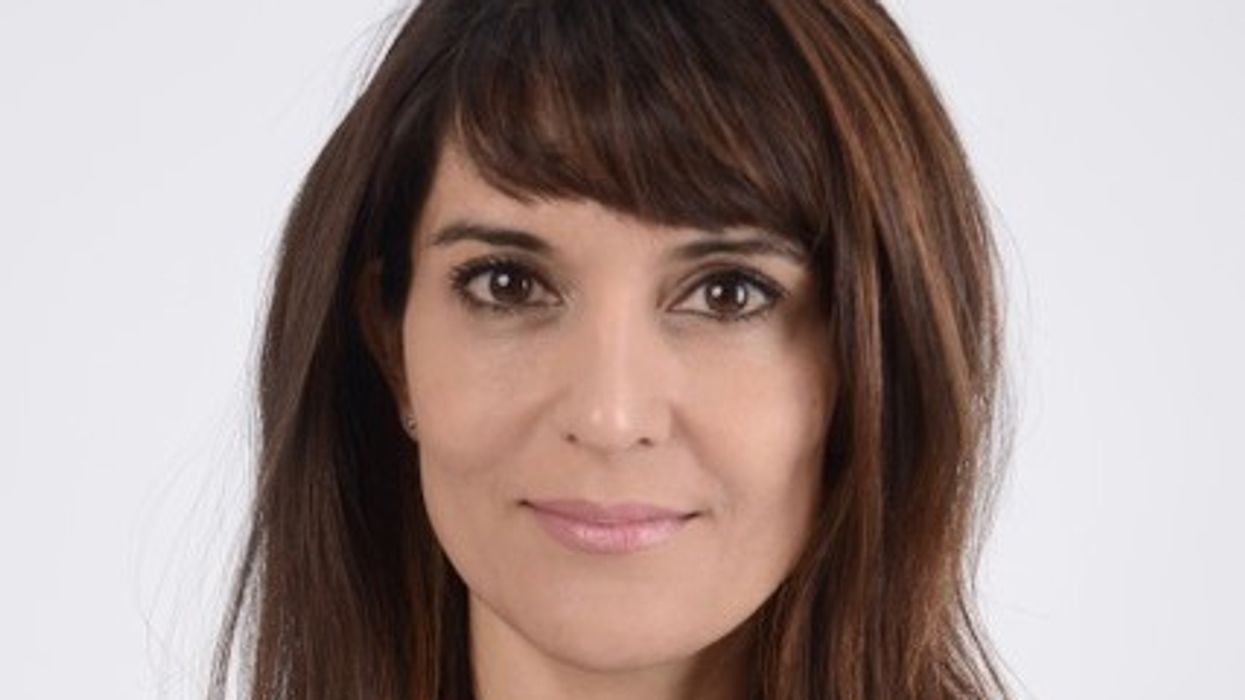AN INDIA-BORN doctor and her family were killed in a plane crash in upstate New York while they were on their way to the Catskills Mountains for a birthday celebration.
Dr Joy Saini, a urogynecologist, her husband Dr Michael Groff, a neuroscientist, their daughter Karenna Groff, a former MIT soccer player and 2022 NCAA woman of the year, and their son Jared Groff, a paralegal, were among those killed when the twin-engine plane crashed, according to media reports.
The National Transportation Safety Board (NTSB) said in a statement that on April 12 at around 12:06 pm, a Mitsubishi MU-2B-40, N635TA, was destroyed in a crash near Craryville, New York.
The family had boarded Groff’s private plane at Westchester County Airport in White Plains, New York. The NTSB said its investigators were collecting evidence and interviewing witnesses.
Two others also died in the crash. Jared Groff's partner, Alexia Couyutas Duarte, who had planned to attend Harvard Law School later this year, and Karenna Groff's boyfriend, James Santoro, an MIT graduate, were also on board.
Media reports said the family was travelling to the Catskills for a birthday and Passover holiday celebration.
Shortly before the crash, the pilot had radioed air traffic control at Columbia County Airport to report a missed initial approach and asked for a new approach plan.
According to the website of Boston Pelvic Health & Wellness, a centre founded by Saini, she was a “highly experienced and respected urogynecologist and reconstructive pelvic surgeon”.
Saini received her medical degree from the University of Pittsburgh School of Medicine. She completed her obstetrics and gynaecology residency at The New York Presbyterian Hospital - Weill Cornell Medical Center, followed by a fellowship in FPMRS at New York University Medical Center.
She was double board certified by the American Board of Obstetrics & Gynecology (ABOG) in ob/gyn and FPMRS. She was among the first women in the US to receive fellowship training in urogynecology and reconstructive pelvic surgery and was also among the first to be board certified when it became an official subspecialty in 2013.
Saini was a Fellow of the American College of Obstetricians & Gynecologists (FACOG).
Before founding Boston Pelvic Health & Wellness, she worked as an attending physician and associate fellowship programme director at the University of Massachusetts Memorial Medical Center. She also served at New York University Medical Center and Indiana University Medical Center.
At the University of Massachusetts Memorial Medical Center, she was director of the fellowship didactics programme and Grand Rounds. She contributed to peer-reviewed publications in the field of urogynecology, according to the website.
Saini lived in Weston with her husband and three children. She was also involved in her local community and served on the boards of several local organisations.
Rochester Regional Health issued a statement confirming the death of Michael Groff, MD, Executive Medical Director of Neurosciences. “We are deeply saddened to confirm the death of Michael Groff, MD, Executive Medical Director of Neurosciences, who passed away as a result of a plane crash that occurred on Saturday, April 12, in Columbia County, New York.”
“Groff was a highly respected neurosurgeon and physician leader, known for his clinical excellence, compassionate care, and unwavering commitment to advancing the field of neuroscience.”
“We are in contact with Dr Groff’s family and ask that their privacy be respected during this difficult time,” the statement said.
(With inputs from PTI)




